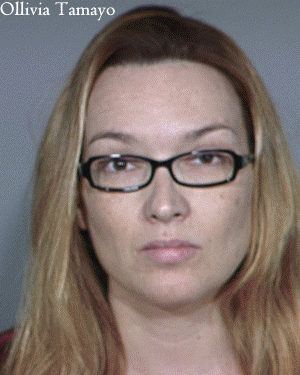Italy’s confused election gets another twist with anti-Mafia prosecutor joining Democrats
 ROME — Italy’s confused election campaign took another twist Friday
with the country’s respected national anti-Mafia prosecutor joining
ranks with the center-left Democratic Party, a big-name boost for a
party that is already leading in the polls ahead of the February vote.
ROME — Italy’s confused election campaign took another twist Friday
with the country’s respected national anti-Mafia prosecutor joining
ranks with the center-left Democratic Party, a big-name boost for a
party that is already leading in the polls ahead of the February vote.A day earlier, Premier Mario Monti got an even bigger endorsement for his potential candidacy from the Vatican newspaper after winning a not-so-subtle thumbs up from the pope himself on Christmas Day.
Almost left behind in the jockeying was Italy’s most colorful politician, Silvio Berlusconi, who was on the front pages of Italy’s leading daily Friday for an entirely other reason. Corriere della Sera revealed details of his divorce settlement with his second wife Veronica Lario, showing that he must pay her €3 million ($4 million) a month. He gets to keep the house, however.
Italians vote Feb. 24-25 in general elections after a yearlong experiment with Monti’s technocratic government, appointed to help steer Italy through the eurozone’s debt crisis. Monti took the place of Berlusconi, who was forced to resign in November 2011 after international markets lost faith in his ability to enact necessary reforms.
Monti has hedged his political intentions, saying he won’t run but would be open to leading a new government if like-minded politicians who backed his 25-page political platform asked him. He met Friday with centrist leaders who are his main supporters but who are only expected to win a small chunk of the popular vote.
Leading in the projections with some 30 percent of the vote is the Democratic Party, which proudly presented prosecutor Pietro Grasso at party headquarters in Rome for his political debut. Grasso choked up as he recounted how his hand trembled a few days ago when he wrote the letter to Italy’s order of magistrates seeking to end his 43-year career fighting the mob.
He explained his “radical” decision to run for an as yet unidentified office as wanting to leave a better country for his grandson. Sounding more like a potential justice minister than mere parliamentary candidate, Grasso said he had a vision of Italy to “be at the service of a country that has reached the maximum of confusion.”
Pier Luigi Bersani, the Democratic Party’s candidate for premier, looked pleased at having brought into his party a figure who is respected on both the left and right. Grasso didn’t say exactly what he was running for, only that he had asked not to run in his native Sicily, where he said his investigations against the Cosa Nostra had “left their mark.”
Bersani has said he wants to bring morality back to Italy and Italian politics — a clear reference to the sex scandals and legal woes that helped bring down Berlusconi.
He was asked about the Vatican newspaper’s endorsement of Monti, a practicing Catholic who has enjoyed the esteem of Pope Benedict XVI. Praising Monti, L’Osservatore Romano said the economist clearly wanted to “recover the highest and most noble sense of politics” for the common good.
Bersani said he had long considered politics to be noble.
Cardinal Angelo Bagnasco, the head of Italy’s bishops conference, on Friday said Monti was recognized both at home and abroad for his “honesty and capability.”
Support from the Vatican and the Italian Catholic Church, both influential in the country’s society, is considered crucial for any Italian government.
The Vatican made clear by the end of Berlusconi’s last term that it was tired of his scandalous lifestyle. His wife said she was divorcing him because of his fondness for younger women. Separately, the media mogul is on trial in Milan for allegedly paying for sex with an underage woman and trying to use his office while premier to cover it up, charges he has denied.
Berlusconi, 76, is currently dating a woman nearly 50 years his junior. After waffling for months, he seems very much in campaign mode, though his center-right People of Freedom party trails in the polls.

Comments
Post a Comment